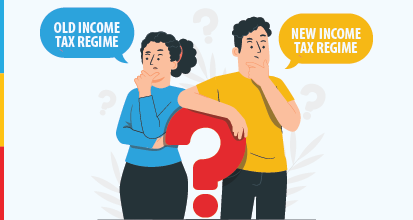- Tax Slab: The income range covered by income tax is known as the "Income Tax Slab." These slabs are subject to annual changes.
- Government Security Bonds: Low-risk investment instruments issued by the government that provide steady returns.
- Investment Horizon: The total length of time that an investor expects to hold a security or a portfolio.
- Liquidity Requirements: Assets need to be easily converted into cash without significant loss of value.
2025-06-06
1707 Views
7 minutes read
Share









